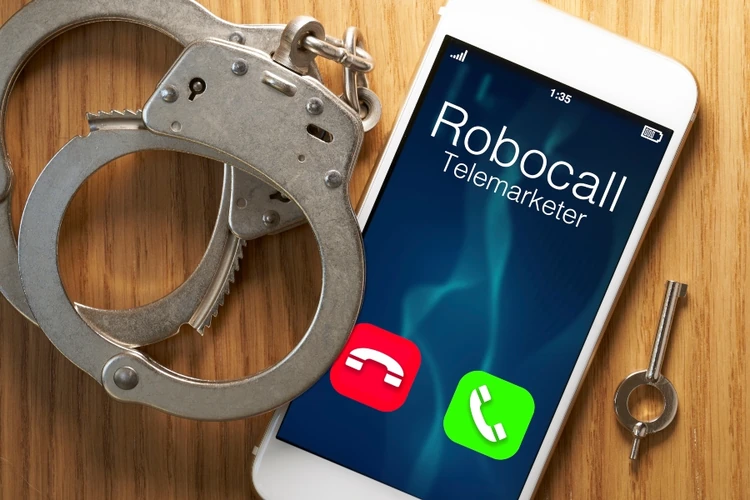റോബോകോളുകളിൽ ബൈഡനെ ആൾമാറാട്ടം നടത്താൻ AI ഉപയോഗിച്ച രാഷ്ട്രീയ ഉപദേഷ്ടാവിന് FCC $6 ദശലക്ഷം പിഴ നിർദ്ദേശിക്കുന്നു

The FCC has put forward a $6 million penalty for the individual who employed voice-cloning technology to mimic President Biden in a sequence of unlawful robocalls during a New Hampshire primary. While the focus leans towards robocalls rather than AI, the agency is evidently positioning this as a cautionary measure to deter other potential high-tech fraudsters.
Recall January, when numerous New Hampshire voters received calls purportedly from the president, advising against voting in the upcoming primary. This was a fabrication—a voice replica of President Biden crafted using readily available technology that has surged over recent years.
Though creating fake voices has long been feasible, generative AI platforms have made it remarkably effortless: Numerous services offer replicated voices with minimal restrictions. Crafting your own Biden voice is now a trivial task, requiring just a minute or two of his speeches, readily accessible online.
However, what’s explicitly prohibited by the FCC and several law enforcement agencies is utilizing this fabricated Biden voice to suppress voters through illegal robocalls.
“We will act swiftly and decisively to ensure that bad actors cannot use U.S. telecommunications networks to facilitate the misuse of generative AI technology to interfere with elections, defraud consumers, or compromise sensitive data,” stated Loyaan Egal, chief of the FCC’s Enforcement Bureau.
Primary culprit “political consultant” Steve Kramer, alongside the dubious Life Corporation and the services of questionable telecom companies like Lingo, previously charged with illegal robocalls, have allegedly violated several rules. Nonetheless, there are currently no criminal proceedings against them or their accomplices due to the FCC’s limited authority, necessitating collaboration with local or federal law enforcement.
While the proposed $6 million fine appears substantial, the actual amount paid is often lower for various reasons. Kramer must now address the allegations, while separate actions are being pursued against Lingo and its affiliates, potentially resulting in fines or revoked licenses.
Following the incident, AI-generated voices were officially deemed illegal for use in robocalls in February, as prompted by the case, prompting the FCC to sensibly categorize them as “artificial”.
മറ്റൊന്ന് പരിശോധിക്കുക AI വാർത്തകൾ സാങ്കേതിക സംഭവങ്ങളും ശരിയാണ് ഇവിടെ AIfuturize!



